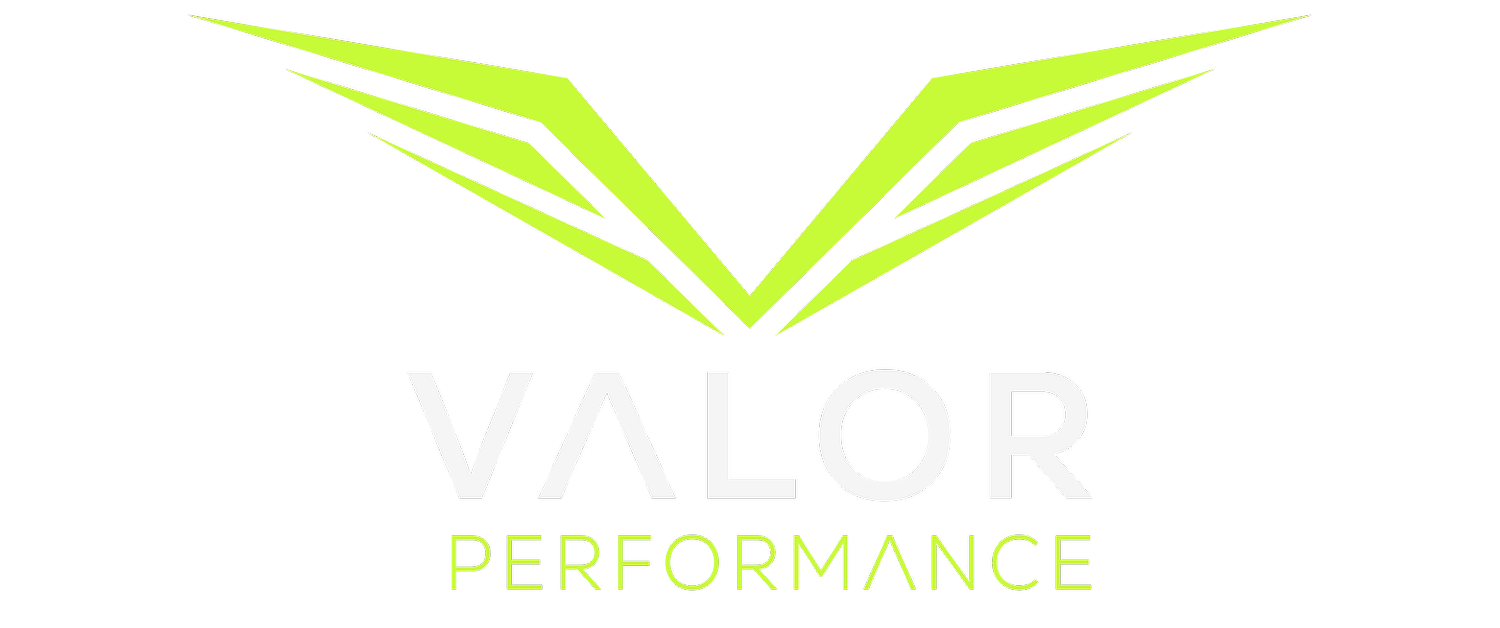Unlocking Muscle Growth: Your Ultimate Guide to Gaining Mass
Are you looking to pack on muscle mass quickly and effectively? In this comprehensive guide, we’ll explore essential strategies for muscle growth, including the best foods and diets, how to monitor your progress, and tips for maximizing your workouts. Whether you're a beginner or looking to refine your approach, this article will provide the insights you need to achieve your fitness goals.
How to Gain Muscle Mass Quickly
Gaining muscle mass quickly involves a combination of effective training and proper nutrition. One of the most effective methods is strength training, focusing on compound movements like squats, deadlifts, and bench presses. These exercises engage multiple muscle groups, allowing you to lift heavier weights and stimulate more muscle fibers.
In addition to strength training, progressive overload is crucial. This principle involves gradually increasing the weight, frequency, or intensity of your workouts. By challenging your muscles consistently, you encourage them to adapt and grow. Aim for a structured routine that includes at least three to four days of strength training per week, ensuring you give your muscles time to recover.
How Fast to Gain Muscle Mass
Realistic expectations for muscle gain can vary based on several factors, including your age, genetics, and training experience. On average, a beginner might gain about 1 to 2 pounds of muscle per month, while those with more experience may find their gains slower.
It’s essential to understand that muscle growth is a gradual process. Patience and consistency are key. If you find that you're not seeing results, it may be worth reassessing your workout routine, nutrition, and recovery practices.
What Food is Best for Muscle Growth?
Nutrition plays a vital role in muscle gain. To effectively build muscle, you need to consume nutrient-dense foods that provide your body with the building blocks it needs. Here are some of the best foods for muscle growth:
Lean Meats: Chicken, turkey, and lean cuts of beef are excellent sources of protein, which is crucial for muscle repair and growth.
Fish: Fatty fish like salmon and tuna are rich in omega-3 fatty acids, which can reduce muscle soreness and enhance recovery.
Dairy: Greek yogurt, cottage cheese, and milk provide both protein and calcium, supporting muscle function and growth.
Legumes: Beans, lentils, and chickpeas offer plant-based protein along with essential nutrients.
Nuts and Seeds: Almonds, chia seeds, and walnuts are great for healthy fats and additional protein.
What Diet is Best for Muscle Gain?
When it comes to muscle gain, a well-balanced diet that focuses on macronutrients is essential. Aim for a diet that consists of:
Protein: Approximately 1.2 to 2.2 grams of protein per kilogram of body weight per day, depending on your activity level and goals.
Carbohydrates: Carbs provide the energy needed for intense workouts. Include whole grains, fruits, and vegetables to fuel your body.
Fats: Healthy fats from sources like avocados, olive oil, and fatty fish support hormone production and overall health.
Meal timing can also impact muscle gain. Consuming a protein-rich meal or snack within 30 minutes post-workout can enhance recovery and muscle repair. Consider incorporating meals or snacks high in protein and carbs before and after your workouts.
How Do I Know If I'm Gaining Muscle?
Monitoring your progress is vital to ensure your efforts are paying off. Here are some ways to determine if you're gaining muscle:
Body Measurements: Track measurements of your arms, chest, waist, and thighs regularly to see changes over time.
Strength Levels: If you’re lifting heavier weights or performing more repetitions, it’s a sign that your muscles are growing.
Visual Changes: Take progress photos every few weeks to visually track your muscle growth.
Body Composition: Consider getting a body composition analysis to measure muscle mass versus body fat.
Conclusion
Building muscle mass takes time, dedication, and the right approach. By focusing on effective training, proper nutrition, and monitoring your progress, you can accelerate your muscle gain journey. If you’re looking for personalized guidance and structured workouts, consider reaching out to Valor Performance Personal Training for expert assistance tailored to your needs.
With the right mindset and strategies, you’ll be well on your way to achieving your muscle-building goals!
